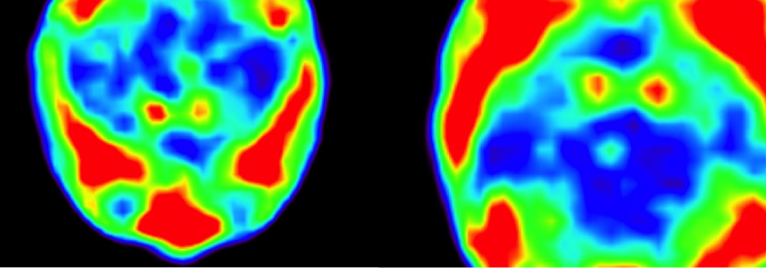A07
IL-6 is increasingly identified as therapeutic target for a variety of inflammatory human diseases including Multiple Sclerosis. Due to the complexity of IL-6 directed interventions and differential responses of the distinct IL-6 signaling modalities to therapies, we now set out to investigate responses to IL-6 in the CNS in detail. We will assess the most relevant sources of IL-6 in the CNS, address the role of IL-6 signaling into conventional T cells and Foxp3+ Treg cells in the CNS during autoimmune inflammation, and finally study the impact of IL-6 on the formation of unique Treg cell niches during recovery from EAE.
Within the upcoming years we will tackle the following questions:
-
- Is continuous sensing of IL-6 required in order to maintain the encephalitogenicity (survival) of Th17 cells?
- Can CCR2+ myeloid cells and (to a lesser extent) B cells provide IL-6 signalling?
- Can molecules that are suppressed by IL-6 be used as biomarker to predict progressive disease in MS patients?
Heink et al., Nat Immunol., 2017
Principal Investigators:
Univ.-Prof. Dr. rer. nat. Ari Waisman
Institut für Molekulare Medizin
Mainz
waisman@uni-mainz.de
Univ.-Prof. Dr.med. Thomas Korn
Neurologische Universitätsklinik
TU München
thomas.korn@tum.de


















